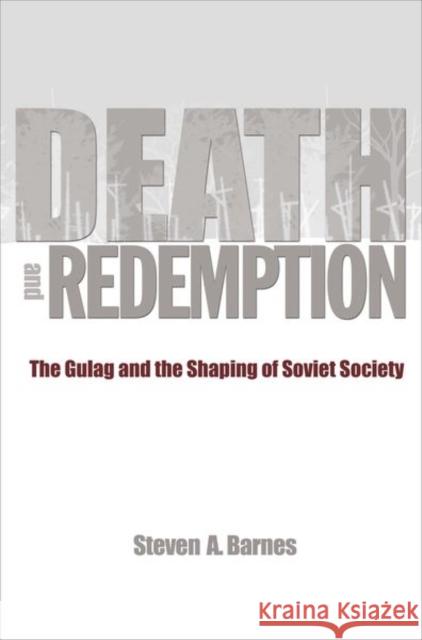Death and Redemption: The Gulag and the Shaping of Soviet Society » książka
Death and Redemption: The Gulag and the Shaping of Soviet Society
ISBN-13: 9780691151120 / Angielski / Miękka / 2011 / 368 str.
Death and Redemption offers a fundamental reinterpretation of the role of the Gulag--the Soviet Union's vast system of forced-labor camps, internal exile, and prisons--in Soviet society. Soviet authorities undoubtedly had the means to exterminate all the prisoners who passed through the Gulag, but unlike the Nazis they did not conceive of their concentration camps as instruments of genocide. In this provocative book, Steven Barnes argues that the Gulag must be understood primarily as a penal institution where prisoners were given one final chance to reintegrate into Soviet society. Millions whom authorities deemed "reeducated" through brutal forced labor were allowed to leave. Millions more who "failed" never got out alive.
Drawing on newly opened archives in Russia and Kazakhstan as well as memoirs by actual prisoners, Barnes shows how the Gulag was integral to the Soviet goal of building a utopian socialist society. He takes readers into the Gulag itself, focusing on one outpost of the Gulag system in the Karaganda region of Kazakhstan, a location that featured the full panoply of Soviet detention institutions. Barnes traces the Gulag experience from its beginnings after the 1917 Russian Revolution to its decline following the 1953 death of Stalin.
Death and Redemption reveals how the Gulag defined the border between those who would reenter Soviet society and those who would be excluded through death.











